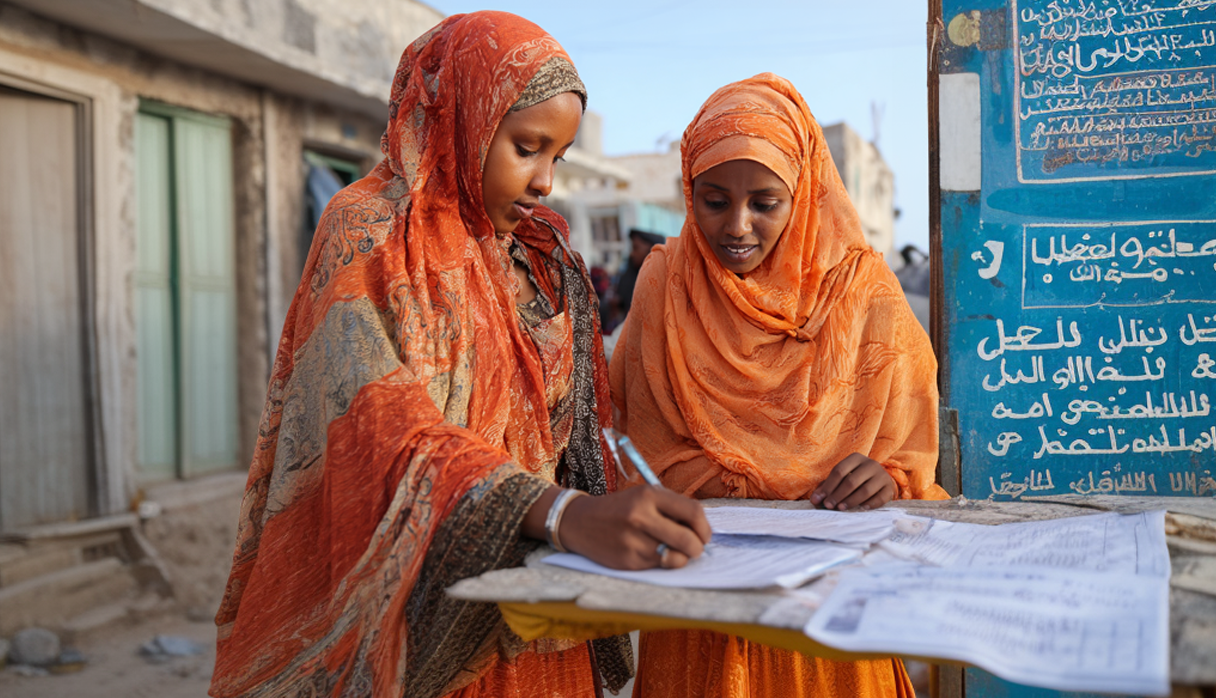
Clan identity lies at the heart of Somali social and political life, serving as both a source of solidarity and a driver of conflict. Within this framework, women occupy a distinctive position. Marriage often connects women to two clans—their family of origin and their husband’s clan—placing them in a role that spans social boundaries. In times of conflict, this dual belonging allows women to serve as bridges, encouraging dialogue and reconciliation between groups that might otherwise remain hostile.
Women have frequently used these connections to foster peace. They appeal to shared kinship ties, reminding communities of interdependence and family bonds that cross clan divisions. At the community level, women have mediated disputes within and between families, organized informal meetings, and created spaces for dialogue. They have also drawn on Somali cultural traditions, such as poetry and song, to express calls for unity and to advocate reconciliation in a way that resonates deeply within society.
Yet, women’s position within the clan system is also restrictive. Expectations of loyalty to one’s clan often limit their freedom to act independently, and in many cases women are pressured to conform to the political positions of their male relatives. This tension between loyalty and broader visions of peace complicates women’s ability to act as neutral mediators.
Despite these challenges, women’s grassroots efforts have played a vital role in maintaining dialogue during Somalia’s long years of conflict. Although excluded from formal political negotiations, their work within families and communities has sustained peace-building from below. Their contributions highlight both the possibilities and limitations created by clan identity: while it ties them to competing loyalties, it also gives them unique opportunities to act as connectors and advocates for reconciliation.